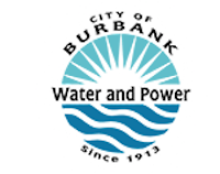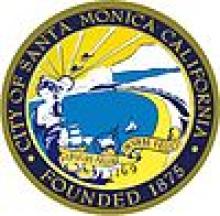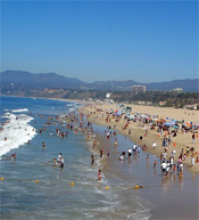Dark Fiber Network Saving Money, Generating Revenue in Burbank
ONE Burbank, the dark fiber network that has provided connectivity for studios since 1997, is bringing a number of benefits to Burbank schools and taxpayers, reports the Burbank Leader. The network is saving public dollars, generating revenue, and providing better connectivity to schools and public facilities.
Five years ago, we reported on Burbank's asset and its primary customers - Hollywood studios. That trend has continued but now the network generates even more revenue. As a result, all electric customers served by Burbank Water and Power save with lower utility bills:
Last year, ONE Burbank generated $3.4 million in revenues for the utility, [General Manager Ron] Davis said in May. That’s compared to roughly $205,000 in 1997 and about $1.5 million five years ago, according to data Davis presented to the City Council.
“The bulk of that [$3.4 million] is all margin and helps keep electric rates down,” Davis said. “[We do] basically zero marketing and collect that margin.”
By connecting city facilities rather than leasing from a private provider, Burbank has all but eliminated past telecommunications expenses, lowering costs by 95% and saving, $480,000 in total thusfar. The school district has saved $330,000 since connecting to ONE Burbank.
ONE Burbank is also providing four times as much bandwidth to the school at a much lower rate that it once paid to the private sector, cutting its costs from $18,000 per year to $9,000 per year.
In August, Burbank Water and Power began using the dark fiber network as backhaul for free Wi-Fi service available throughout the city. There is no service level guarantee but it is open to any device:
“It’s just out there if you can get it,” Ron Davis, the utility’s general manager, told the City Council last week.
The dark fiber has helped retain and attract business, reports city leaders, and they want to continue the current trajectory to bring in high-tech companies and turn Burbank into a "Silicon Beach."




